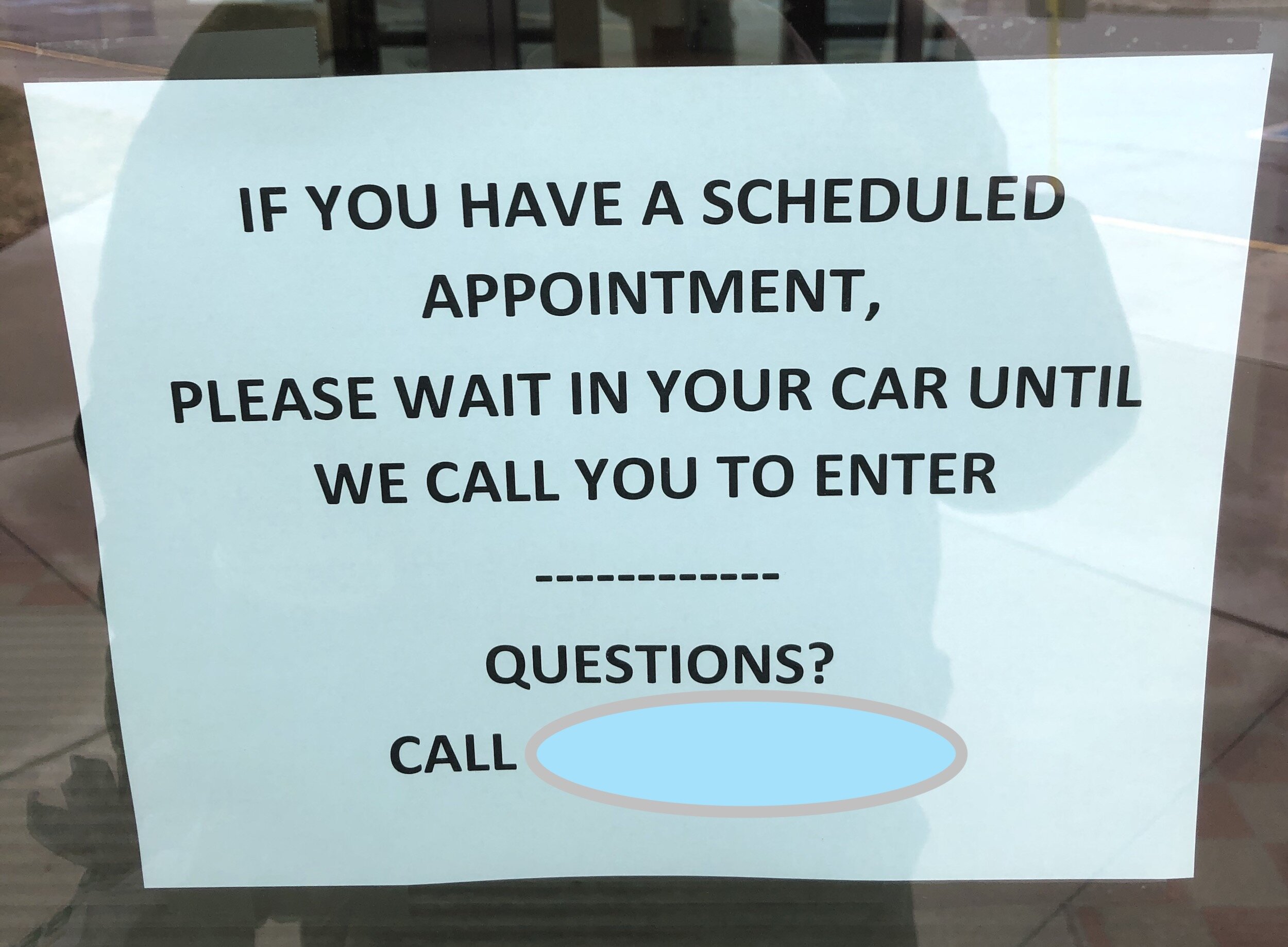Some of our giveaways I got to share with my colleague at coffee. (Graphic Design by Andrew Miller (andhegames.com and andhedrew.com)
If you practice like everyone else, your practice will be like everyone else!
Throughout my almost 30 years working in the health care field I have had great colleagues. These experts provide critical services for individuals, couples, and families. They are specialists—true experts—in their scope of practice and I happily refer to, collaborate with, and respect them for their work.
However . . .
Considering the “State of the Art”
Colleagues in our field as a group, perhaps like most industries, generally talk, month in and month out, about the same repetitive topics . . . referrals, going “fee only” (or dumping insurance), recruiting new professionals, insurance contracts, and procedures or techniques they are learning or implementing. Go to coffee with many in the behavioral health industry and you are sure to wind up talking about these issues.
There’s nothing, at all, wrong with that of course.. These are the daily concerns of the typical practice and the variables that owners/providers need to focus on to be successful. Many are happy to confine their “work life” to these issues but some of us are not.
For the “others” these topics, while necessary to deal with, are often redundant, task-focused, conversations that—like chores—need to be done but rarely result in a “bounce in the step” after the conversation. After almost three decades in the industry, while these continue to be necessary discussions, engaged in regularly, I find myself more interested in conversations about the national melodrama of politics, the latest cool product (currently Darn Tough socks), new technologies, or woodworking projects. Maybe you can relate?
A different practice
I was reflecting on this after a recent coffee meeting with a colleague. No, not because the conversation was a better version of the typical topics, quite the opposite, because it wasn’t—at least not the vast majority of the meeting. A meeting that I left feeling energized, excited, and ready to push my business forward. Why? What was different? What was different is we weren’t just talking about the same-ole-same-ole topics.
My colleage isn’t just practicing like everyone else. He is more entrepreneurial that the average clinician.
Through serendipity and the encouragement of others less risk-aversive, I have learned, despite my natural tendencies toward the opposite, to do the same. So our conversation wasn’t about insurance, referrals, recruitment and all the old repetitive topics. Instead, the conversation was about an upcoming training we are doing out of state, demonstrating for him a game we newly licensed to use in our training, possible opportunities with a local manufacturing enterprise, and discussions about developing our own new software games for training. All factors of my practice not being defined by the typical “private practice” label.
Sustained changes
This week, under this broader umbrella of Human Systems Consulting, we will be billing an engineering firm for coaching. Signing a training contract with a government agency to use games to train leaders on teamwork skills. Continuing our monthly trainings of other professionals on becoming consultants. Talking to a non-profit about the status of a 13 year old contract to determine if it will continue as is, change, or be terminated. Continue discussions about developing a communications/teamwork game with a software developer. None of this directly related to my full time private practice as a mental health professional.
If it sounds like work, it is. Is it But its work, I find, that invigorates. It’s not boring. It’s new. It’s mine. No one else, outside my team is doing what we are doing. It continually challenges me to grow and expand my learning, my skills, and, assumably, my value to systems who need some help. It also protects from some of the inherent risks in healthcare. All factors that makes the private practice less anxious, more sustainable, flexible, and versatile.
Normative vs. transformative
Now, if you tend toward the stable, comfortable, personality that enjoys routing, likes tweaking and improving know systems, and are perfectly happy with continued discussions listed in the first scenario—then good for you! You likely are not looking for something different or more. However, those who crave learning new things, challenging themselves to do more, want new vistas or horizons to explore . . . even if you are good at putting up with the first scenario . . . then this latter scenario is much more invigorating. In my experience, it is an antidote to burnout and makes you more enthused about both.
What would you like your practice to look like if you could choose to do whatever you wanted?
What services or products would you be excited to provide?
What’s stopping you?











